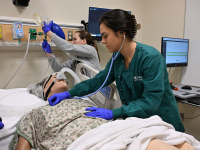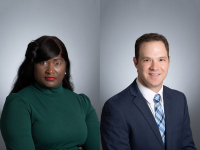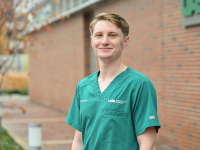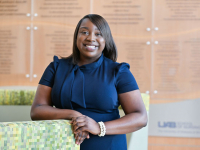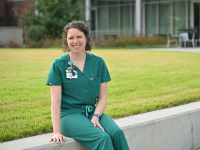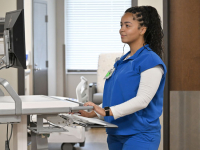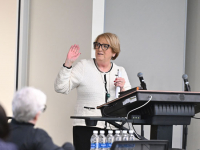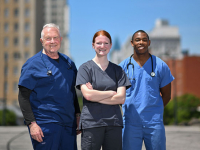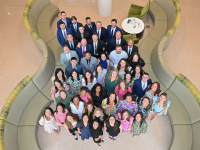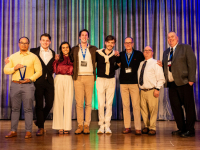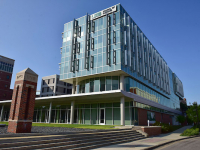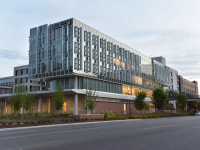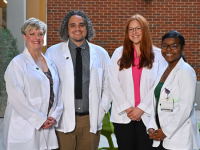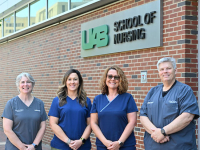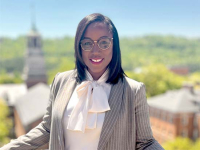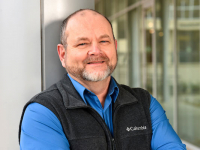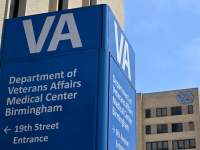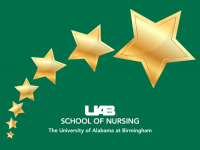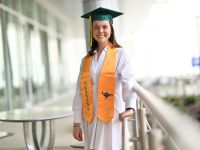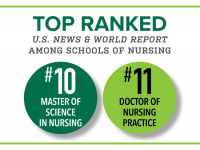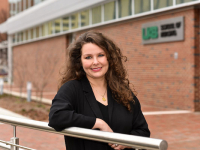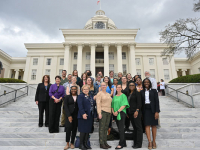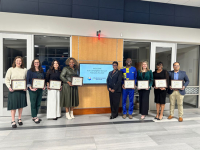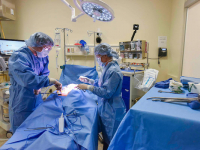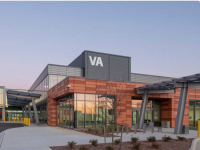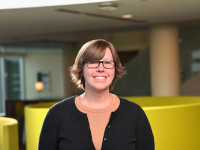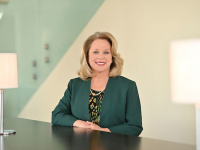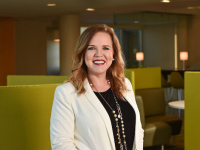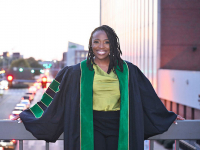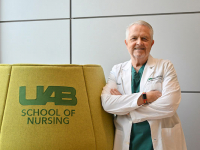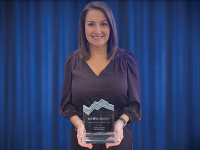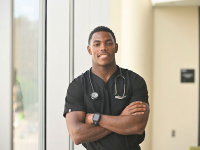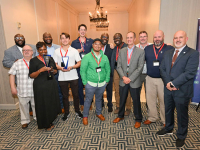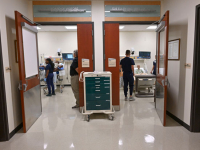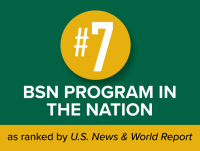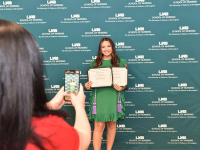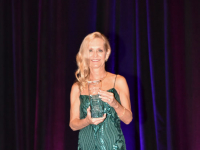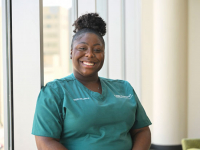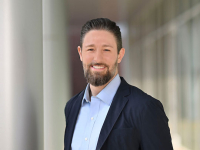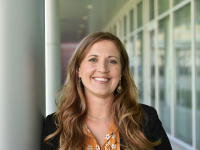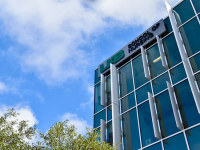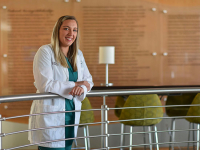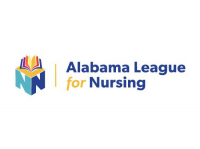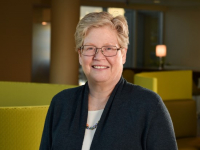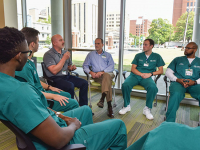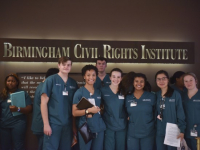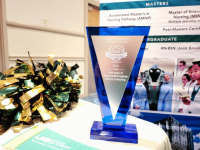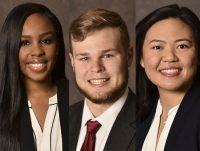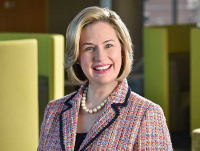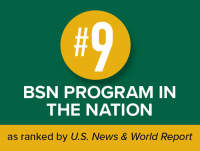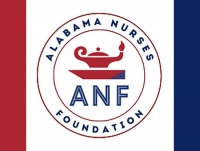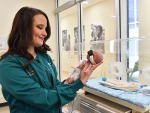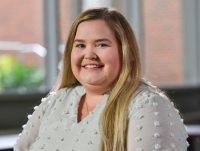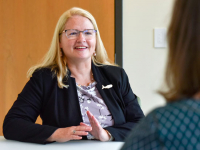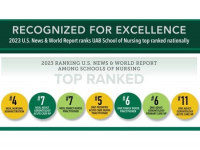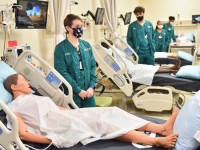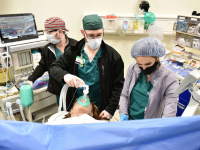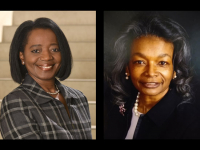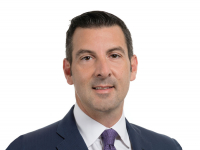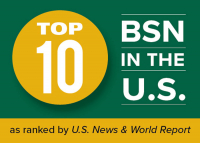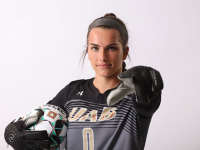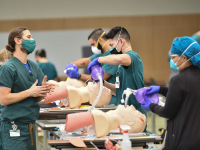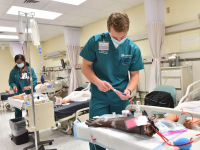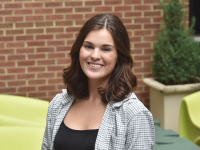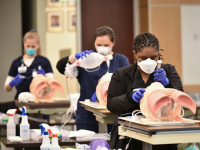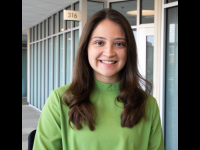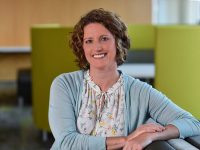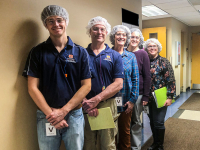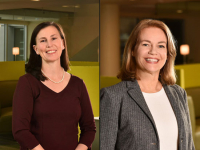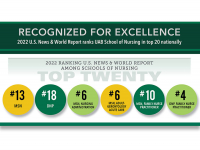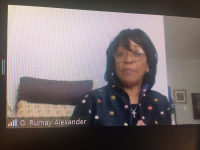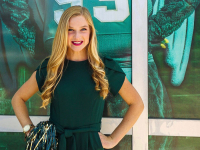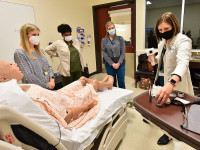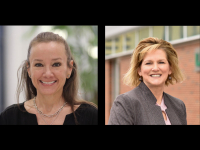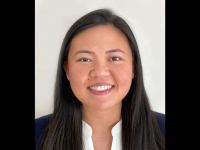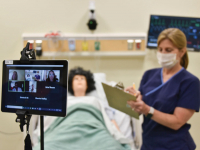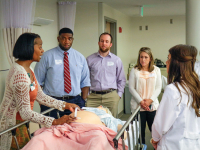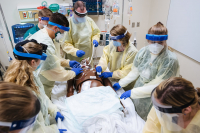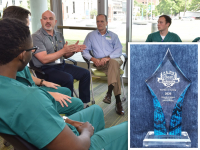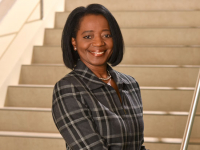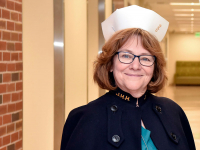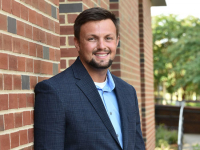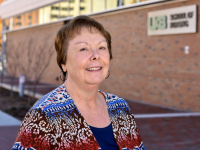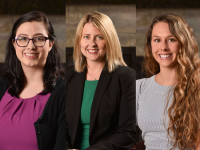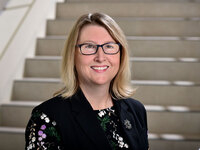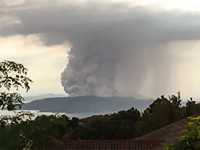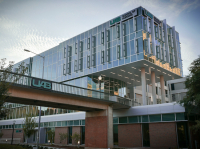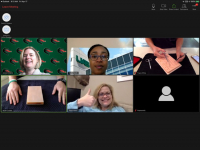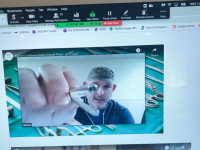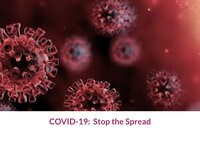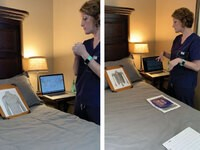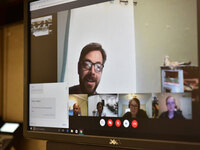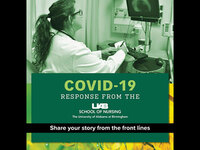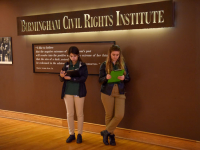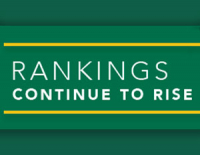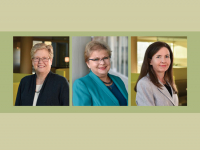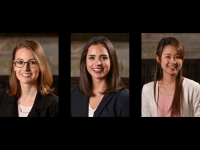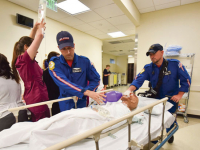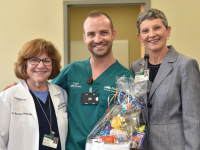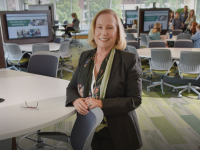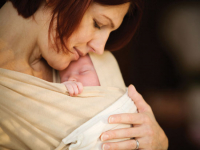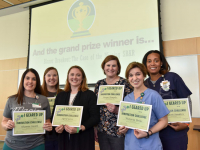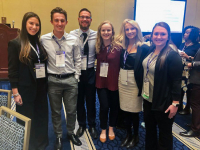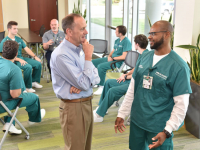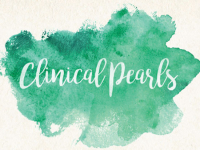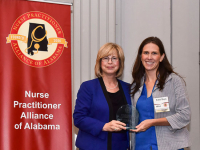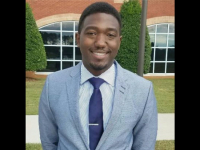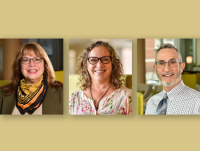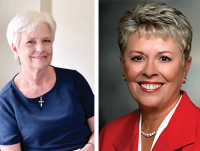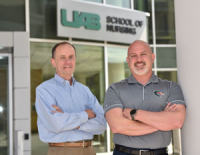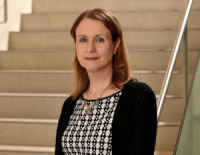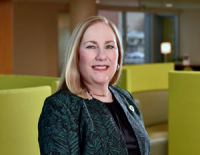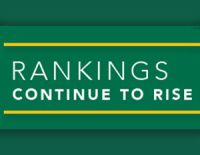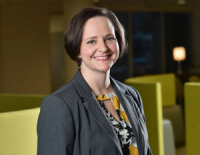By Pareasa Rahimi
As Ashton Ayers entered her freshman year at Oak Mountain High School in fall 2012, she could not have envisioned the journey she would be facing less than a month later. On September 22, Ayers was on an afternoon golf cart ride through her neighborhood with friends, an activity they did regularly, when she fell off the back and hit the pavement headfirst, causing her skull to crack and leaving her unconscious.
“I was just beginning to figure out my life. Starting high school is already a big step for anyone at that age, and then to add on an event like this was a shock,” Ayers said.
After being transported to Children’s of Alabama, Ayers was placed on a 72-hour watch involving life-sustaining measures and diagnostic tests that could give insight into her condition.
“48 hours into it, I went into respiratory arrest, my left lung collapsed, and my right ear started bleeding,” Ayers said.
Doctors determined that Ayers had a large subdural hematoma. They needed to perform an emergency decompressive craniotomy, a neurosurgical procedure in which the frontal lobe of the skull is temporarily removed to enable swelling without causing any additional damage.
“From the doctors’ perspectives, I had a one in a million chance of surviving and making a full recovery, and if I did survive the surgery, it was expected that I’d have 40% brain function or live in a vegetative state the rest of my life,” Ayers said.
Ayers beat the odds and began a path to recovery, which consisted of physical, occupational and speech therapies.
“I had to relearn how to walk, talk, read, write, feed myself, even breathe on my own again. I was 14 years old and relearning everything,” Ayers said. “My recovery was unpredictable, and you had to prepare for all possible outcomes. They’d seen traumatic brain injuries in the past and had an outline of how recovery should go, and I was three days ahead of every single milestone. It was nothing short of a miracle.”
She also recalls the immense support she received from her community throughout her hospital stay and recovery.
“My support system was incredible. My family tells me that both waiting rooms at Children’s were full. The support that I got from friends, family, church and school was unmatched. I’ve never felt so loved by people. And even though I didn’t see it for myself, it’s the feeling of knowing that all those people were there,” Ayers said.
With many medical personnel in her family, Ayers had considered nursing as a potential career path from an early age, but her life-changing experience solidified her decision.
“I chose nursing because of the way my nurses treated me and the impact that they had on not only me, but my family and friends as well. It really is the caring aspect that drew me to nursing,” she said.
Once home, Ayers worked toward her goal of graduating high school. During this time, she took a nursing elective offered through Shelby County’s Career Technical Educational Center.
“My injury made me want to become a nurse, but the opportunity for me to do a nursing elective through another school really gave me that push and drive,” Ayers said.
After graduating high school, Ayers went on to earn her Associate in Applied Science degree from Jefferson State Community College and was accepted into the University of Alabama at Birmingham School of Nursing’s Bachelor of Science in Nursing program in 2021. To Ayers, UAB feels like home.
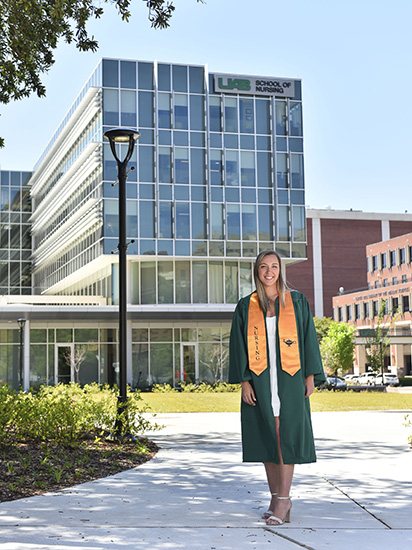
“UAB to me is Birmingham. I grew up here,” she said. “It’s a tough nursing program, but it’s an absolute honor to be a UAB School of Nursing graduate.”
Ayers credits her success in part to UAB’s Disability Support Services and the flexibility of the School’s faculty. DSS worked with the undergraduate and prelicensure faculty to customize a plan based on her needs that provided accommodations during testing.
“Disability Support Services and the School of Nursing regularly collaborate to ensure there is an understanding of the accommodations each student is eligible to receive,” said Director of UAB Disability Support Services Allison Solomon. “It’s important to ensure all students are successfully mastering the competencies of their program while receiving reasonable accommodations, and we work together to make that happen. The goal of DSS and the School is to ensure access as students work to successfully reach their educational goals.”
“One thing that I love about DSS is that I’m able to take the extra time that I need on test questions,” Ayers said.
She encourages other students to learn about DSS and utilize the services.
“I’ve been able to succeed in ways I didn’t know I could,” Ayers said. “Even though it takes me a little bit longer to take a test, I don’t have to feel like I’m behind because of the opportunities and accommodations DSS provides for students.”
Ayers has played an active role as a student leader. She has served as a board member of the Student Nurses’ Association and is a member of the Senior Recognition Planning Committee.
Ayers also has made community involvement a priority. In addition to being a mentor to other traumatic brain injury patients, every year, on the anniversary of her accident, she visits the unit she was on at Children’s, as well as the two fire departments that responded that day.
Ayers graduates this spring and has accepted a position at UAB Women and Infants Center in the Mother-Baby unit. She’s grateful to be able to share her story and inspire others.
“This story has become my motivation, and it’s a part of me,” Ayers said. “I believe that God gave me this testimony so I can use it to care for other people who are or were in the same situation I was in.”

